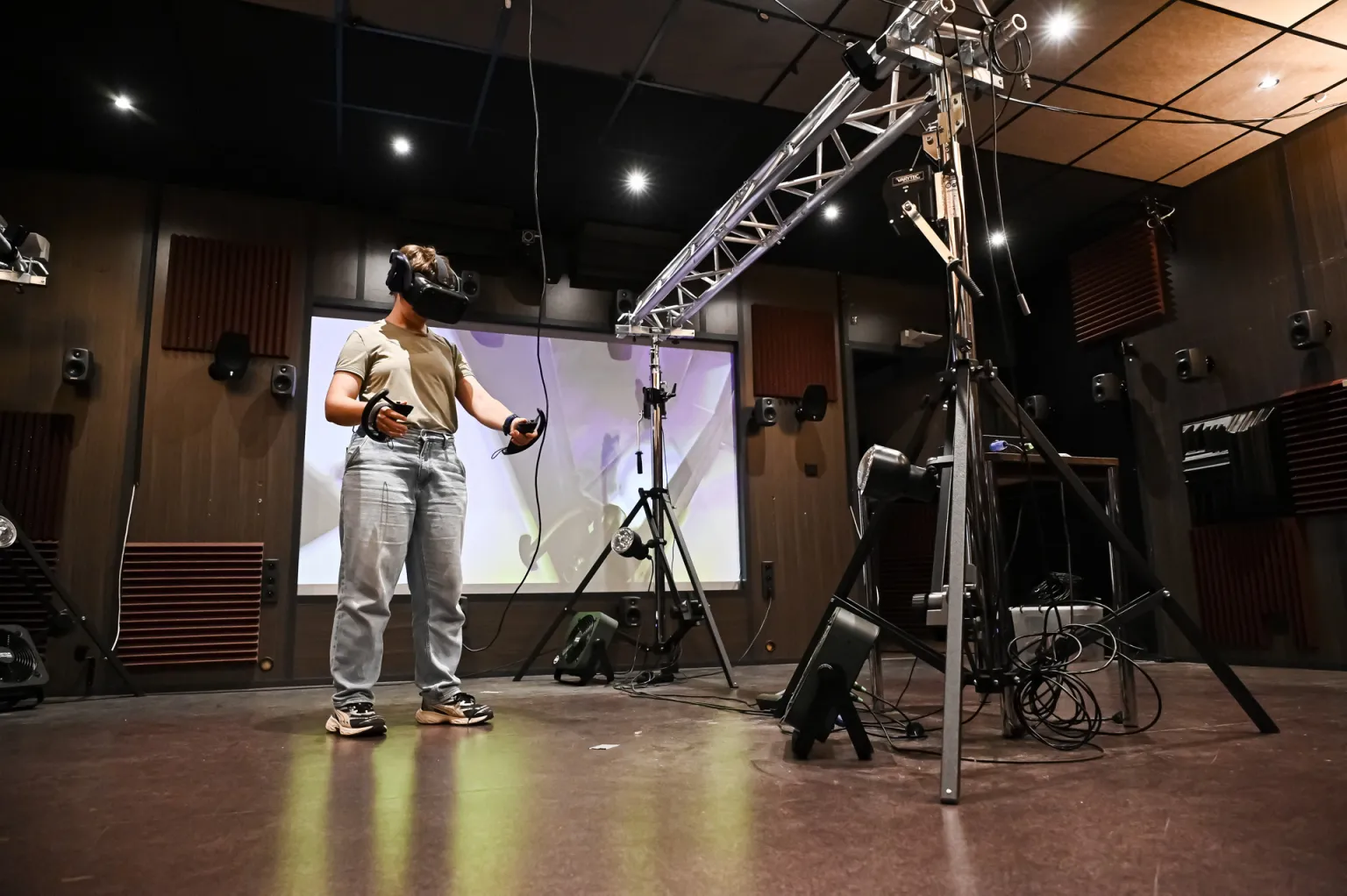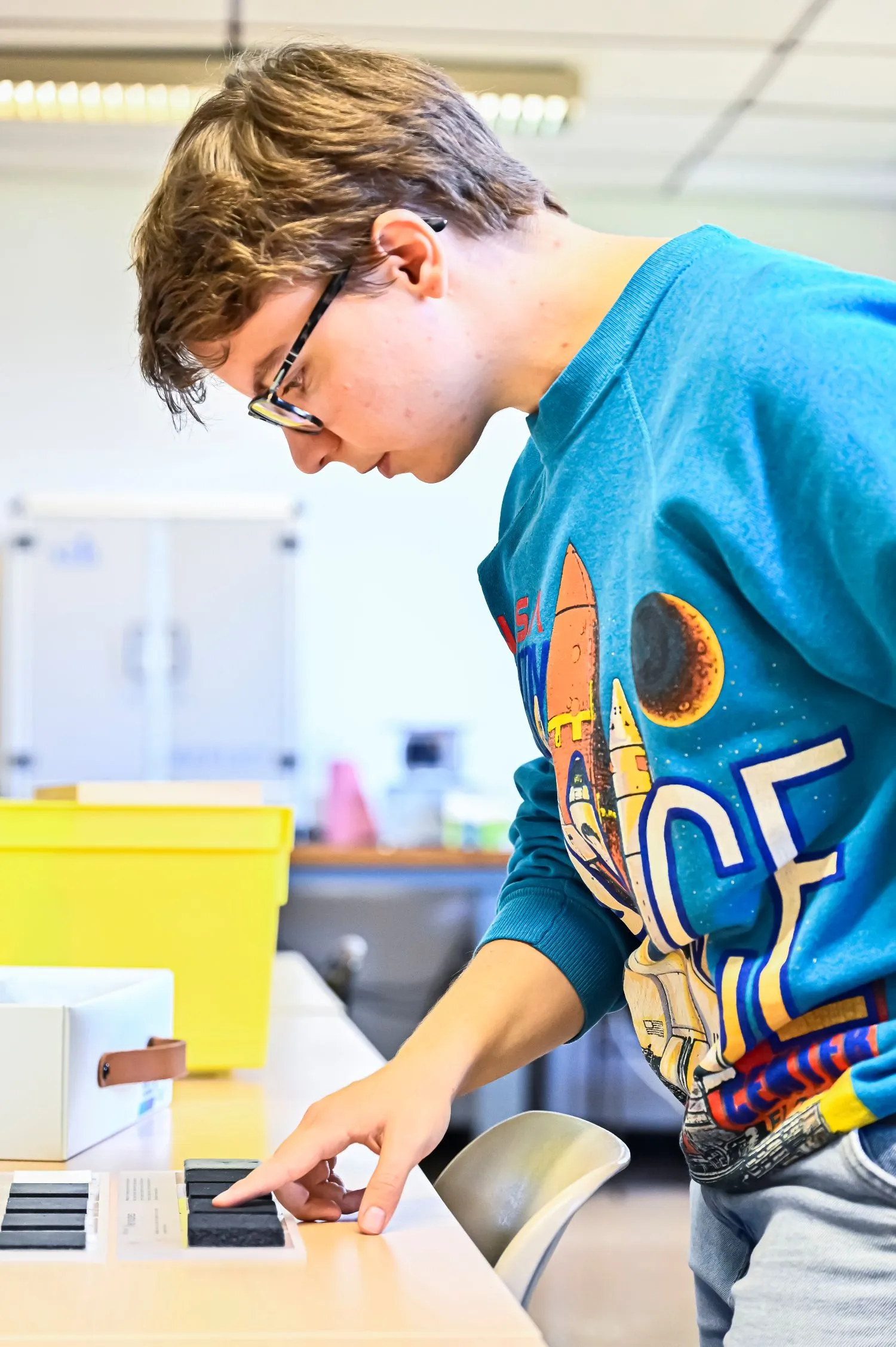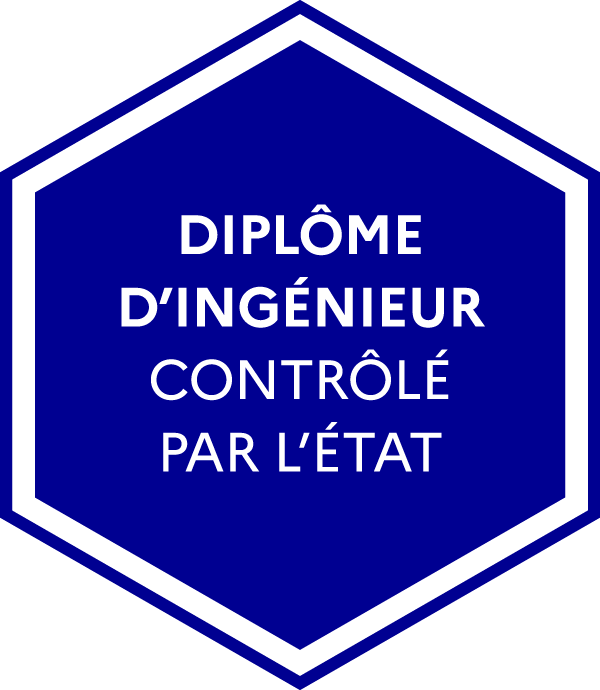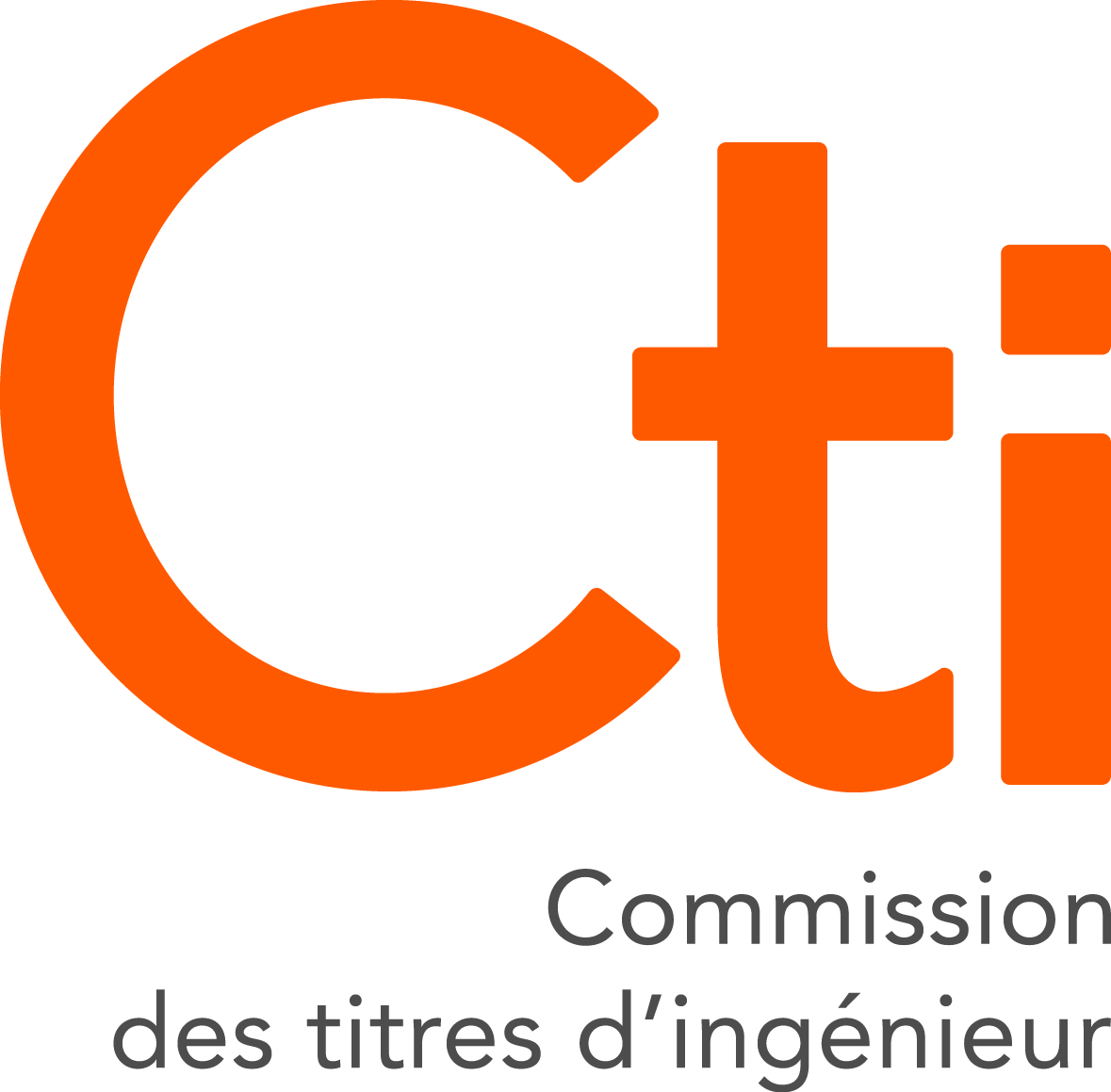Objectives
Imagine a world where products don't just work. They seduce, move, leave a lasting impression. This is where the Sensory Engineering engineer comes in: an expert capable of designing, analyzing and optimizing users' sensory experiences.
Our engineering training is aimed at those who want to placehuman perception, comfortand emotion at the heart of the design process.
Thanks to teaching that combines design, engineering sciences and digital technologies, students acquire unique expertise in:
- Designing innovative forms that combine comfort of use and performance in execution.
- Design and develop products, systems or software integrating the sensory dimensions (sight, hearing, touch, taste, smell, proprioceptive senses).
- Develop immersive interfacesin virtual or mixed reality and design innovative mechatronic systems.
- Master manufacturing: choice of materials, processes, and production of complex prototypes meeting sensory specifications.
- Implement the tools of sensory analysis, from scientific measurement to subjective evaluation.
- Innovateand collaboratewith multidisciplinary teams (designers, marketers, neuroscientists, ergonomists).
The pluridisciplinarity of the training gives the keys to innovate in a lwide range of fields by combining creativity and engineering.
Program
Teaching
- Engineering sciences: mathematics, physics, computer science, mechanics, electronics/automatics, statistics.
- Human and social sciences: languages, economics/management/law, management, personal project.
- Sciences of perception: cognitive functions, functioning of the 5 senses, tactile perception, acoustic perception, sensory analysis, ergonomics and movement science.
- Innovation, design, manufacturing: design, user-centered design, CAD, 2D&3D computer graphics, sensory marketing, mechatronics, manufacturing processes, 3D printing, materials, bioengineering.
- Digital sciences: programming, virtual and augmented reality, human-machine interactions, embedded systems, robotics, scanning/photogrammetry, data-science and artificial intelligence.

Elective courses and a personalized curriculum
Electives (elective courses) enable engineering students to deepen the concepts seen in the core curriculum or to discover disciplinary fields related to their specialty. In 5th year, in line with their career plans, student engineers can choose one of two in-depth courses: Innovation, Design, Manufacturingor Digital Science.
Also in 5th year, engineering students can choose to start their professional integration through a professionalization contract, complete their engineering training with a research master's degree, obtain a double degree at one of our international partner universities or spend one year at one of our partner establishments: Strate Design, EM Lyon, INSA, ENTPE, or Mines St-Etienne.
Professional integration
Internships
In order to enable students to acquire practical knowledge of the world of work, Centrale Lyon ENISE engineering training includes 3 internship periods:
- 18-week internship in 4th year
- 22- to 24-week internship in 5th year
Projects
An engineer will be required to solve the concrete and complex technical problems posed to him/her, through the management of projects integrating technical, organizational and financial dimensions. Several integrative projects punctuate the course:
- The 5th semester project aims to apply scientific and technical skills to a multidisciplinary problem within the student engineer's chosen profession (eg: Creation of a new visual code for color-blind people; design of a projective augmented reality prototype for the evaluation of culinary sensory perceptions);
- The 8th semester project aims at development/innovation within an entrepreneurial logic by associating two complementary trades (e.g. Civil Engineering + Sensory Engineering, etc.) in order to develop the skills of the student engineer.) in order to develop innovation skills in a multicultural environment;
- The 9th semester project is dedicated to the discovery of a research activity in line with Centrale Lyon ENISE's areas of expertise (eg, Sensory and objective characterization of wood for medical use, Integration of a thermal diffusion system on virtual reality controllers, Measurement of brain activity during the exploration of surfaces by touch).

International mobility
A stay abroad in the form of an internship or academic exchange enables you to consolidate your language skills and open up to other cultures. A minimum of one semester's mobility abroad is a prerequisite for graduation. It can take the form of an Erasmus academic stay, an internship or a double degree in one of our 117 academic partners in 34 countries.
Languages
Language courses are designed to give you linguistic fluency in a professional environment. A TOEIC certification of 790 points in English is compulsory to obtain the diploma, for which intensive one-week preparation courses are planned over the last 3 years of training. A second language is included in the training program.
Gateways with École Centrale de Lyon
In 3rd year, engineering students recruited from post-baccalaureate programs have the option of joining École Centrale de Lyon and continuing in the general engineering curriculum (integration in 1st year of the engineering cycle). Selection is based on applications and an interview.
In 4th year, depending on their career plans, engineering students can choose from one of the 5th year specialties offered by École Centrale de Lyon.
Diploma and certification
This course delivers a national engineering diploma, controlled by the State and accredited by the Commission des Titres d'Ingénieur.


Admission requirements and application
Requirements
- Bac + 2 or a Bac +3 (Cycle préparatoire intégré Centrale Lyon ENISE, Cycle préparatoire CapECL, CPGE, BUT 2nd or 3rd year of BUT, licence 3)
Application
- Post CPGE : concours CCINP, concours PT
- Post BUT, License: application by dossier on the dedicated platform:
Tuition fees
Subject to student status : A fee modulation scheme has been set up for non-scholarship students in the engineering cycle. Registration fees are set progressively according to the family quotient of the student's tax household.
An online simulator will soon be available to enable families to estimate the applicable amount.
CROUS scholarship students are exempt from registration fees and the CVEC.
Under apprentice status: Training is free for students on work-study contracts.